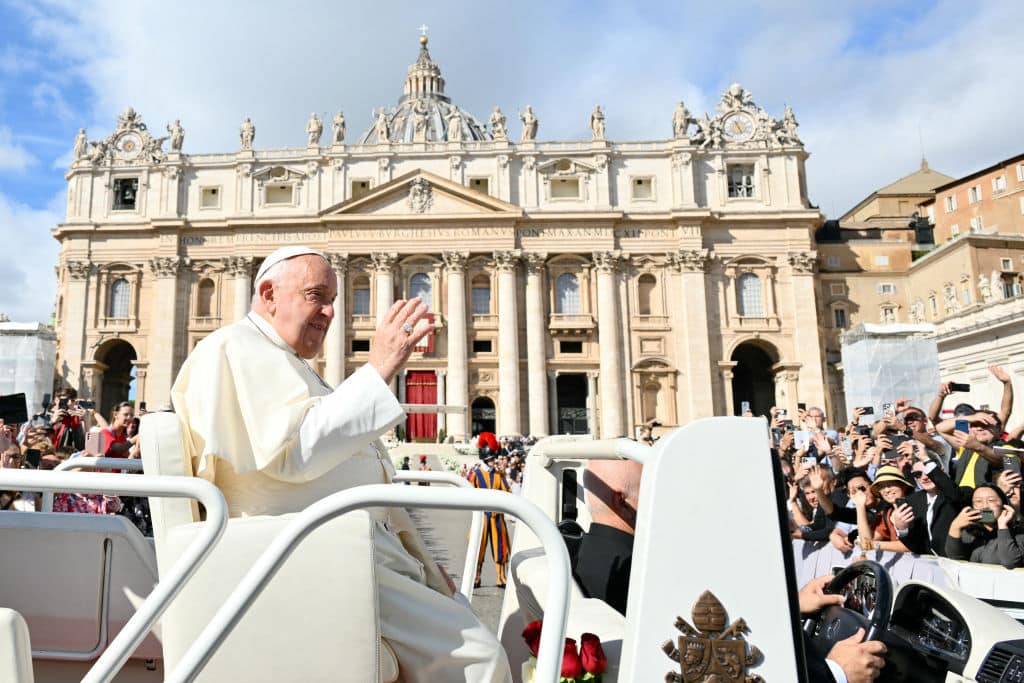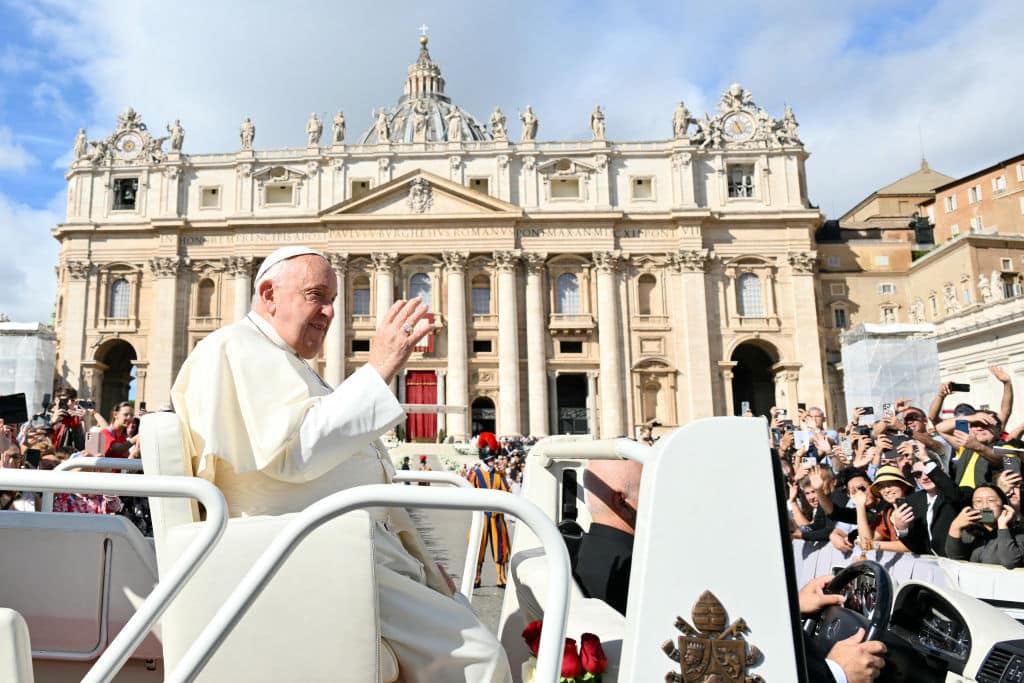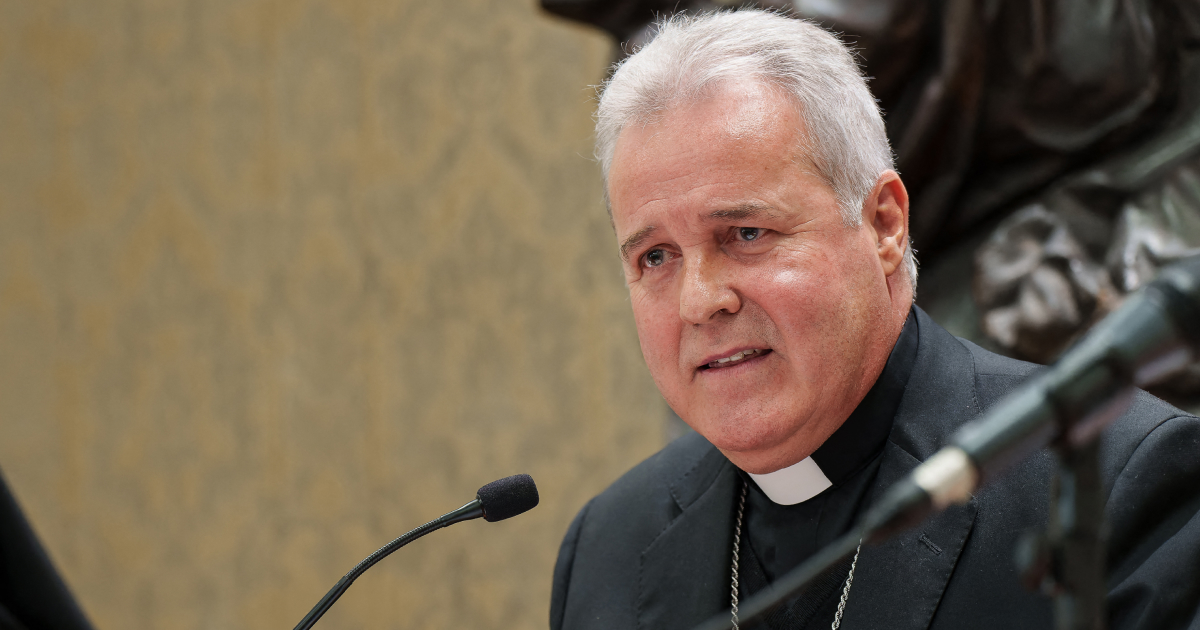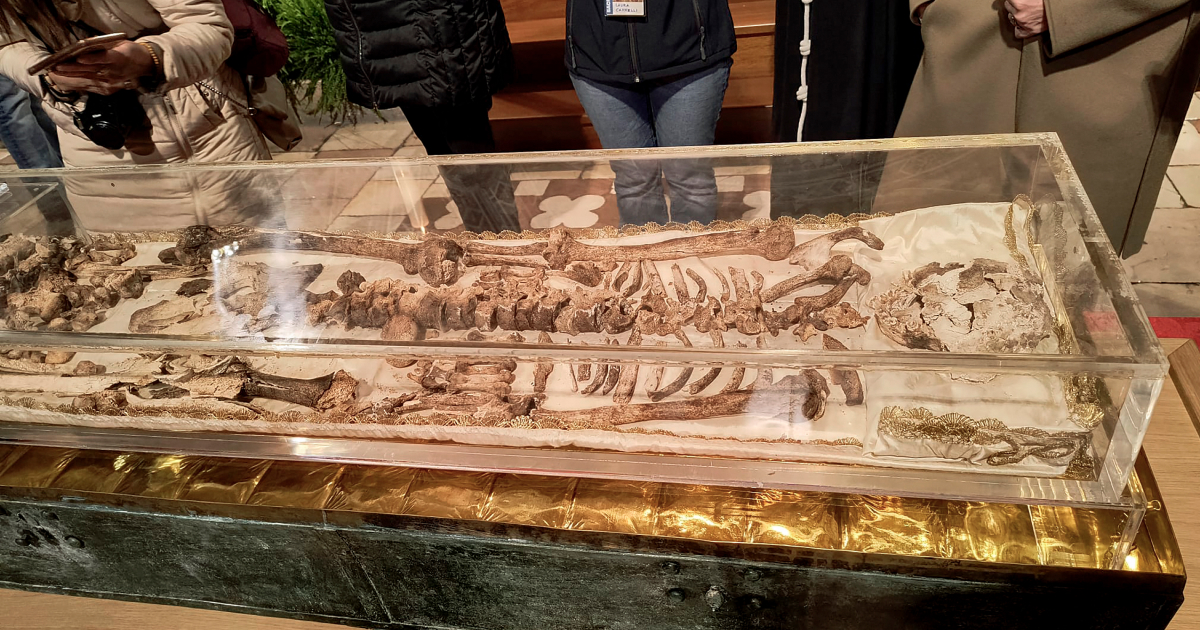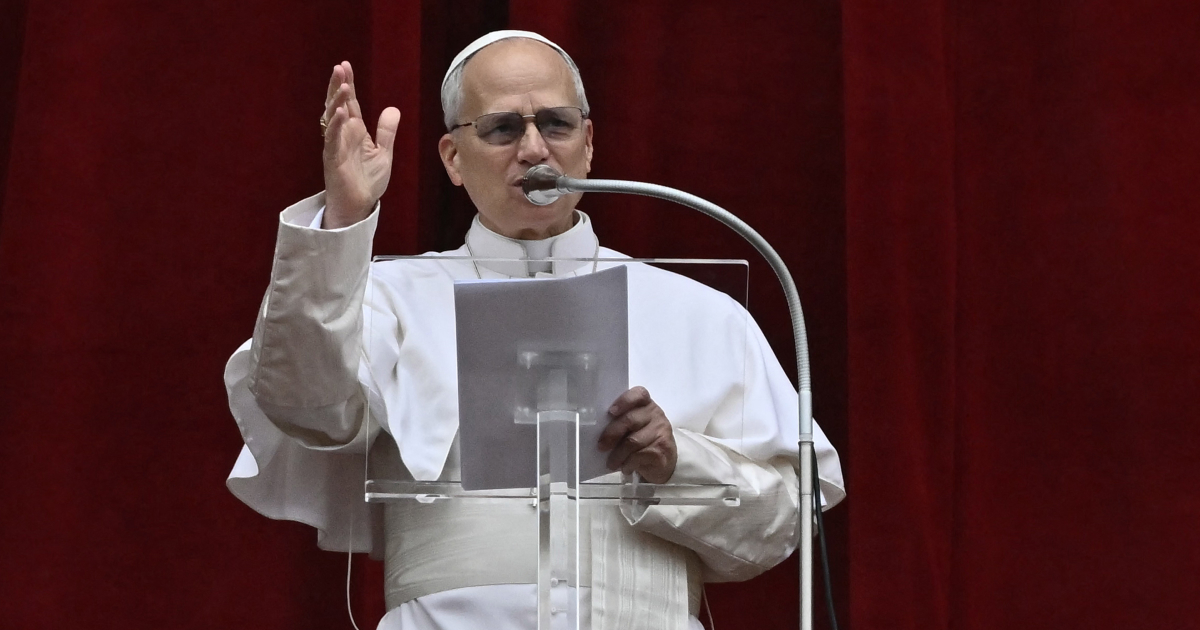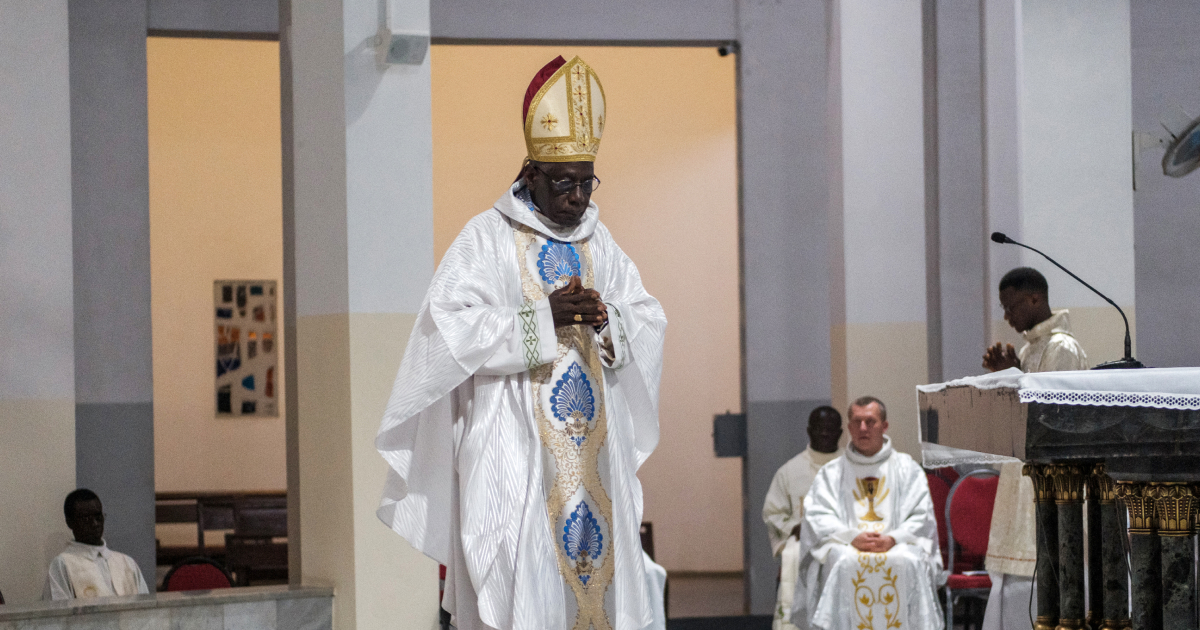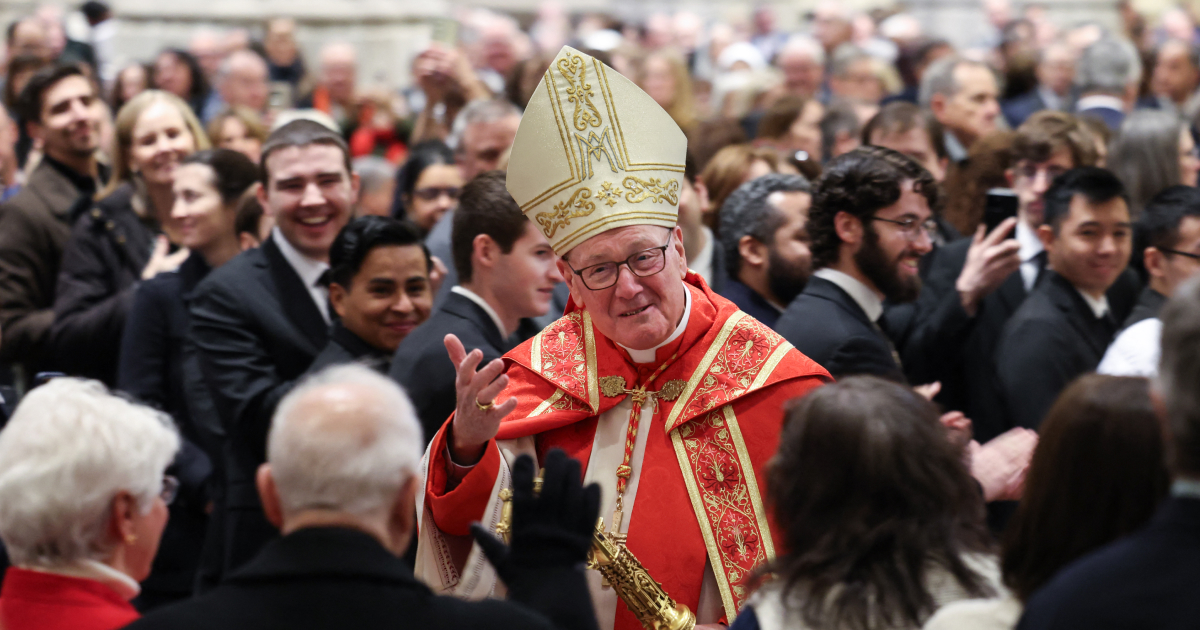As Israel faces mounting international pressure over its assaults on a UN peacekeeping unit in Lebanon, Pope Francis has joined the chorus of concerns, using his noontime Sunday Angelus address to issue a direct appeal that “the forces of peace of the United Nations be respected”.
“I continue to follow with concern what’s happening in the Middle East, and I ask once again for an immediate ceasefire on all fronts,” the Pope said. “Let’s follow the paths of diplomacy and dialogue to obtain peace.”
The Pope added: “I’m close to all the populations involved, in Palestine, in Israel and in Lebanon, where I ask that the forces of peace of the United Nations be respected.
“I pray for all the victims, the displaced persons, the hostages whom I hope will soon be released, and I hope that this great and useless suffering, generated by hate and vendetta, will soon end.”
The Pope’s comments came on the same day that Italian Prime Minister Giorgia Meloni, generally a staunch ally of Israel, contacted Israeli leader Benjamin Netanyahu to call the attacks on the UN Interim Force in Lebanon (UNIFIL) “unacceptable”.
There are roughly 1,000 Italian troops in Lebanon as part of the UN contingent, many of them part of the “Sassari Brigade” headquartered on the island of Sardinia. There have been UN troops in Lebanon since 1978, and over the years 337 have been killed, making it the most lethal peace-keeping mission in history. The total UNIFIL detachment in Lebanon includes 9,500 troops from fifty countries.
A statement from forty countries contributing to the UN mission, which include Indonesia, Italy, India, Ghana, Nepal, Malaysia, Spain, France and China, was also issued on Sunday 13 October, in which the signatories “strongly condemn” the recent attacks and called for an investigation, while also reaffirming their support for the UN presence in Lebanon.
Netanyahu has shown no signs of bowing to international pressure. Instead, he delivered an ultimatum to UN Secretary General Antonio Guterres, demanding that the secretary general withdraw UN troops from areas in southern Lebanon where Israeli forces are battling Hezbollah, saying the terrorist group is using the UN force as “human shields”.
“Mr. Secretary General, get the UNIFIL forces out of harm’s way – it should be done right now, immediately,” Netanyahu said in English, adding in Hebrew that the Israeli Defence Force (IDF) has made earlier requests to the UN to withdraw, but which were met with “refusals".
Netanyahu’s warning came just before Israeli tanks destroyed the main gate of a UNIFIL base in Ramiya, Lebanon, causing light injuries to 15 UN troops. Earlier incidents related to Israeli assaults on Hezbollah targets have left at least 5 other UN peacekeepers injured.
The Pope's comments during his Sunday address follow his dispatching a papal letter to Catholics of the Middle East on the one-year anniversary of the 7 October Hamas attack on Israel and the outbreak of the Gaza war.
The content of the letter, in particular the use of a verse from Scripture that throughout history has been associated with anti-Semitism, has raised troubling questions for some regarding potential anti-Jewish bias at the Vatican.
RELATED: Pope’s choice of words in 7 October anniversary letter raises troubling questions
Photo: Pope Francis greets crowds at the end of a Mass for the opening of the Ordinary General Assembly of the Synod of Bishops at St Peter's square in the Vatican, Vatican City State. (Photo by ALBERTO PIZZOLI/AFP via Getty Images.)
As Israel faces mounting international pressure over its assaults on a UN peacekeeping unit in Lebanon, Pope Francis has joined the chorus of concerns, using his noontime Sunday Angelus address to issue a direct appeal that “the forces of peace of the United Nations be respected”.
“I continue to follow with concern what’s happening in the Middle East, and I ask once again for an immediate ceasefire on all fronts,” the Pope said. “Let’s follow the paths of diplomacy and dialogue to obtain peace.”
The Pope added: “I’m close to all the populations involved, in Palestine, in Israel and in Lebanon, where I ask that the forces of peace of the United Nations be respected.
“I pray for all the victims, the displaced persons, the hostages whom I hope will soon be released, and I hope that this great and useless suffering, generated by hate and vendetta, will soon end.”
The Pope’s comments came on the same day that Italian Prime Minister Giorgia Meloni, generally a staunch ally of Israel, contacted Israeli leader Benjamin Netanyahu to call the attacks on the UN Interim Force in Lebanon (UNIFIL) “unacceptable”.
There are roughly 1,000 Italian troops in Lebanon as part of the UN contingent, many of them part of the “Sassari Brigade” headquartered on the island of Sardinia. There have been UN troops in Lebanon since 1978, and over the years 337 have been killed, making it the most lethal peace-keeping mission in history. The total UNIFIL detachment in Lebanon includes 9,500 troops from fifty countries.
A statement from forty countries contributing to the UN mission, which include Indonesia, Italy, India, Ghana, Nepal, Malaysia, Spain, France and China, was also issued on Sunday 13 October, in which the signatories “strongly condemn” the recent attacks and called for an investigation, while also reaffirming their support for the UN presence in Lebanon.
Netanyahu has shown no signs of bowing to international pressure. Instead, he delivered an ultimatum to UN Secretary General Antonio Guterres, demanding that the secretary general withdraw UN troops from areas in southern Lebanon where Israeli forces are battling Hezbollah, saying the terrorist group is using the UN force as “human shields”.
“Mr. Secretary General, get the UNIFIL forces out of harm’s way – it should be done right now, immediately,” Netanyahu said in English, adding in Hebrew that the Israeli Defence Force (IDF) has made earlier requests to the UN to withdraw, but which were met with “refusals". <br><br>Netanyahu’s warning came just before Israeli tanks destroyed the main gate of a UNIFIL base in Ramiya, Lebanon, causing light injuries to 15 UN troops. Earlier incidents related to Israeli assaults on Hezbollah targets have left at least 5 other UN peacekeepers injured.
The Pope's comments during his Sunday address follow his dispatching a papal letter to Catholics of the Middle East on the one-year anniversary of the 7 October Hamas attack on Israel and the outbreak of the Gaza war.
The content of the letter, in particular the use of a verse from Scripture that throughout history has been associated with anti-Semitism, has raised troubling questions for some regarding potential anti-Jewish bias at the Vatican.
<a href="https://catholicherald.co.uk/popes-choice-of-words-in-7-october-anniversary-letter-raises-troubling-questions/?swcfpc=1"><mark style="background-color:rgba(0, 0, 0, 0)" class="has-inline-color has-vivid-cyan-blue-color"><strong><em>RELATED: Pope’s choice of words in 7 October anniversary letter raises troubling questions</em></strong></mark></a>
<em>Photo: Pope Francis greets crowds at the end of a Mass for the opening of the Ordinary General Assembly of the Synod of Bishops at St Peter's square in the Vatican, Vatican City State. (Photo by ALBERTO PIZZOLI/AFP via Getty Images.)</em>





